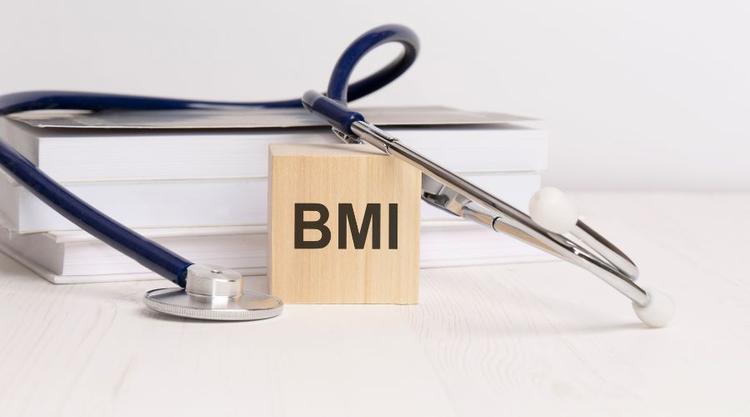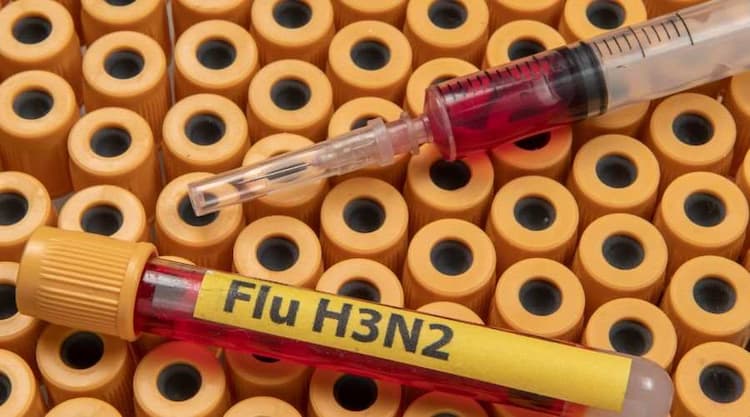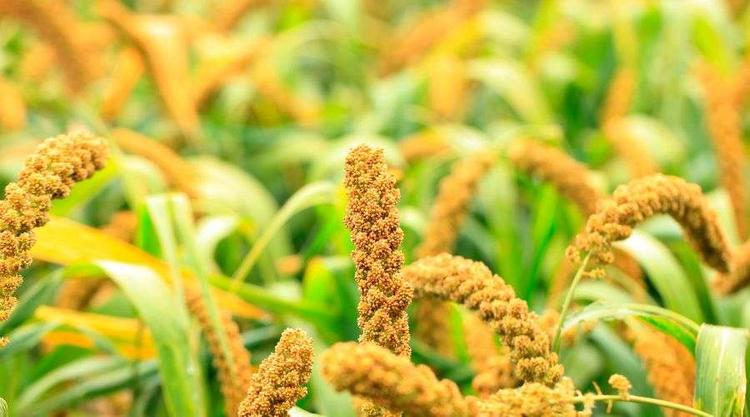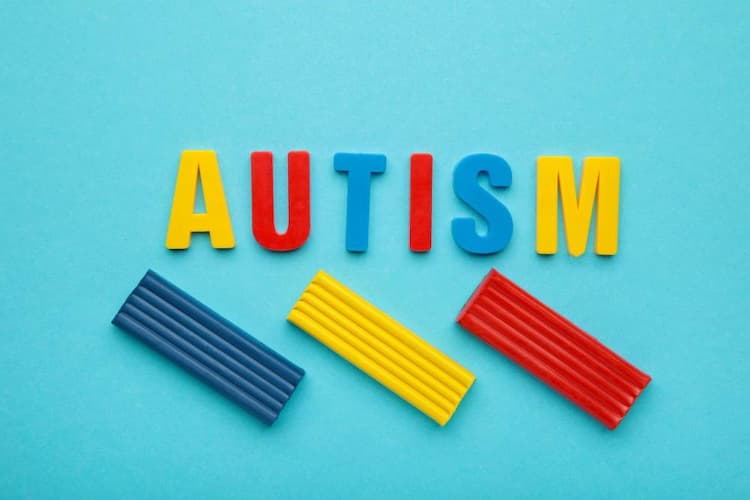Drinking Water TDS: how much TDS in water is good for health?

Medically Reviewed By
Dr Divya Rohra
Written By Prekshi Garg
on Mar 30, 2022
Last Edit Made By Prekshi Garg
on Mar 18, 2024

Total dissolved solids or TDS in drinking water refers to the concentration of solids or dissolved particles in water. Drinking water TDS comprises of inorganic salts and mineral compounds like magnesium, calcium, bicarbonates, and chlorides.
Whether the levels of TDS in drinking water is goof or bad depends on the type of salts and compounds present in the water. Levels of TDS not only change the taste of the water but can also adversely affect human health. In this article we have articulated for you what research shows so that you know about the levels of TDS that are considered good for health.

High TDS water leads to complications like pulmonary issues, nausea, dizziness, skin rashes and so much more. Not just the water, your blood needs a thorough testing as well to rule out any possible consequences. Schedule a complete blood work to breathe a sigh of relief.
In this Article
What is drinking water TDS?
Being a universal solvent, water dissolves almost all organic and inorganic materials in itself really quickly. The inorganic materials naturally present in water according to the World Health Organisation (WHO) are calcium, bicarbonates, nitrates, magnesium, sulphate, phosphate, chloride, dust and dirt. Likewise, organic materials that are frequently found in water are fungi, bacteria, algae, pathogens, germs, viruses and pesticides that are also responsible for spreading waterborne diseases like cholera, hepatitis, diarrhoea and typhoid in humans.
The Hard Water or High TDS content in water can have some significant effects on its taste and health like:
- Presence of materials like lead and copper above 1000 ppm can have adverse effects on your health.
- Water with high TDS tastes salty or even brackish. It can also change the taste of cooked food.
- High TDS water can lead to scaling of electronic appliances like dishwashers, washing machines, water purifiers and geysers and plumbing pipelines as well.
How much TDS in water is considered Good for health?
The levels of TDS in water depends on the source of water. The TDS level in river and pond water is lower than the groundwater. The levels of TDS in water determines whether it is fit for drinking or not.
The table below shows the quality, taste and the drinking recommendation of water on the basis of its TDS levels
| S.No. | TDS level | Quality | Taste | Fit for drinking | Remarks (if any) |
|---|---|---|---|---|---|
| 1 | < 50 ppm - 250 ppm | Low | Flat | Not fit for drinking | Some minerals that are beneficial for health are missing |
| 2 | 300 ppm - 500 ppm | Perfect | Good | Good | Contains appropriate levels of minerals |
| 3 | 600 ppm - 900ppm | Okay | Fair | Unacceptable | The water should be purified using the RO purifiers |
| 4 | > 1000 ppm | Bad | Poor | Unsafe | The water can have adverse health effects |
How is the TDS level in water measured?
Total dissolved solids refers to the sum of the negatively charged and positively charged ions that are present in the water. The presence of dissolved ions enables the water to conduct electricity. Therefore, by testing the electrical conductivity in water you can measure the TDS levels. A small digital TDS metre is used to measure the TDS levels in Parts Per Million (ppm) or milligrams per litre (mg/L).
Takeaway
Clean and safe drinking water is very important for the normal functioning of your body. High TDS levels can make the drinking water unfit for your health. Measuring the TDS level of the water supplied at your home will ensure that you and your family drink safe and healthy water. Subsequently, if you receive high TDS water you can take measures to reduce the levels of TDS in drinking water so that it is fit for consumption.
Frequently Asked Questions (FAQs)
-
How can I reduce the level of TDS in drinking water?
If you receive drinking water with a TDS more than 500 ppm, then using a RO purifier can help you reduce the levels of TDS in the water and make it fit for drinking.
-
Are total dissolved solids good for my body?
The effect of TDS on your body depends completely on the types of salts and compounds that are present in water.
-
Is high TDS water good for consumption?
According to the World health organisation (WHO), the levels of TDS above 300 ppm are not considered fit for consumption. Apart from adverse health effects, TDS levels above 300 ppm also makes the water salty which makes the water non consumable for humans.
-
Is RO water safe for drinking?
Yes, RO water is considered safe for drinking as it removes the bacteria and virus components from the water along with minerals.
Leave a comment
2 Comments
DVVSMURTHY
Nov 19, 2023 at 10:56 AM.
TDS METER indicates that 217 tds is safe for health. I live in a village where the water is supplied by the panchayat, and I drink it through an osmosis filter in my home. When measured with the TDS digital meter after filtering, the water has 217 TDS. Please guide me in this regard
Myhealth Team
Nov 20, 2023 at 11:59 AM.
TDS of 217 after osmosis filtration is safe. Continue using the filter for clean drinking water.
Mahesh
Jun 21, 2023 at 5:25 AM.
If tap water tds is 180 which filter required Is it safe to consume water with tds of 95?
Myhealth Team
Jun 26, 2023 at 7:53 AM.
Hi Mahesh, For tap water with a TDS of 180, a suitable filter can be determined based on the specific contaminants present. Regarding water with a TDS of 95, it is generally safe to consume, but it is recommended to have it tested for potential contaminants. We recommend you to consult a water treatment specialist for personalized recommendations. Thankyou



